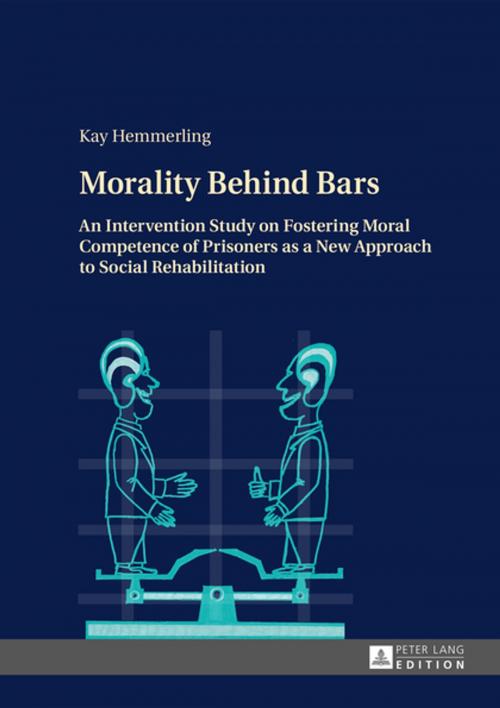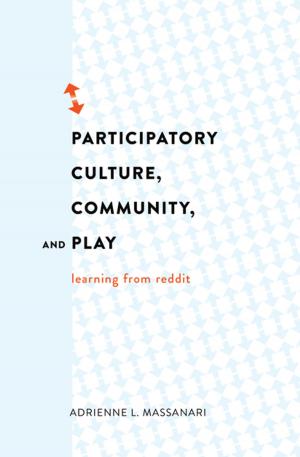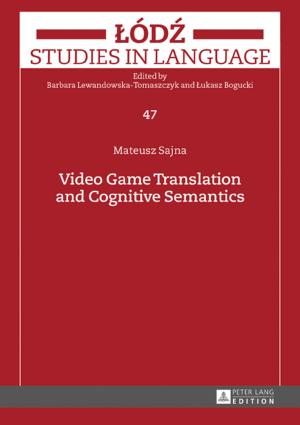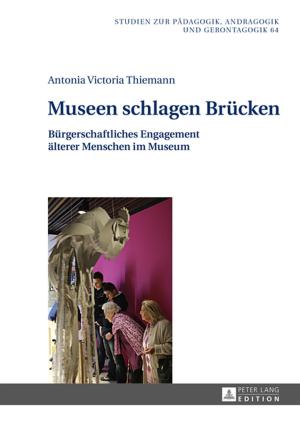Morality Behind Bars
An Intervention Study on Fostering Moral Competence of Prisoners as a New Approach to Social Rehabilitation
Nonfiction, Reference & Language, Education & Teaching, Special Education, Experimental Methods, Health & Well Being, Psychology, Developmental Psychology| Author: | Kay Hemmerling | ISBN: | 9783653999709 |
| Publisher: | Peter Lang | Publication: | August 27, 2014 |
| Imprint: | Peter Lang GmbH, Internationaler Verlag der Wissenschaften | Language: | English |
| Author: | Kay Hemmerling |
| ISBN: | 9783653999709 |
| Publisher: | Peter Lang |
| Publication: | August 27, 2014 |
| Imprint: | Peter Lang GmbH, Internationaler Verlag der Wissenschaften |
| Language: | English |
Prisoners prefer moral ideals like justice and responsibility just as much as non-prisoners. However, they lack moral competence, which Georg Lind has defined as the ability to solve conflicts through deliberation and communication rather than through violence, deceit and power. The data of this experimentally designed intervention study show that imprisonment mostly makes things worse. It leads to a regression of moral competence. Further, these data show that – with appropriate training methods like the Konstanz Method of Dilemma Discussion (KMDD) – moral competence can be effectively and sustainably fostered. The KMDD lets participants learn to solve stressful morally dilemmatic moments with mutual respect, thinking and discussion – the keys to a non-delinquent life in society.
Prisoners prefer moral ideals like justice and responsibility just as much as non-prisoners. However, they lack moral competence, which Georg Lind has defined as the ability to solve conflicts through deliberation and communication rather than through violence, deceit and power. The data of this experimentally designed intervention study show that imprisonment mostly makes things worse. It leads to a regression of moral competence. Further, these data show that – with appropriate training methods like the Konstanz Method of Dilemma Discussion (KMDD) – moral competence can be effectively and sustainably fostered. The KMDD lets participants learn to solve stressful morally dilemmatic moments with mutual respect, thinking and discussion – the keys to a non-delinquent life in society.















